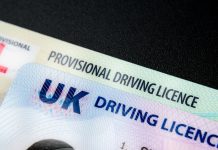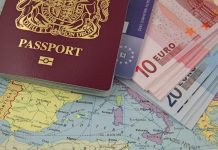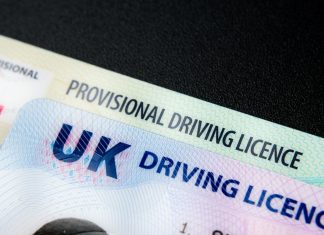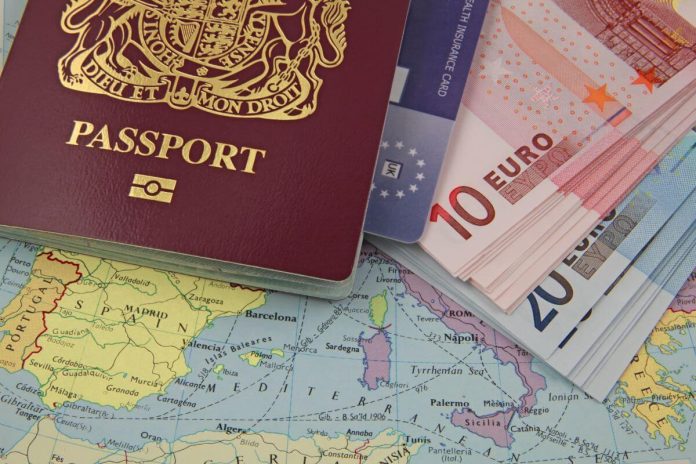
Last Updated on 3rd August 2025
Whether you’re heading to France or planning your first ski holiday, one key thing can affect your budget more than you realise: where you get your travel money. While you could debate the advantages of carrying cash on your holiday, there is no denying having some currency is essential in some circumstances.
But with rates varying across banks, supermarkets, airport kiosks and comparison sites, knowing how to secure the best deal can save you real cash, often enough to cover a meal out or an extra day trip abroad.
So, where should savvy UK travellers turn for the best currency exchange in 2025? Here’s your practical, no-nonsense guide.
Why Travel Money Still Matters
Exchanging foreign currency might seem routine, but it’s a step where many holidaymakers overspend. According to a 2025 Eurochange study featured in MoneyWeek, travellers exchanging €1,000 at Gatwick Airport lost around £274 compared to high-street rates. Other airports also showed losses between £108 – £264 on the same amount depending on location.
With exchange rate fluctuations, commission fees, and poor conversion rates, knowing where and when to buy can significantly impact your holiday expenses and savings.
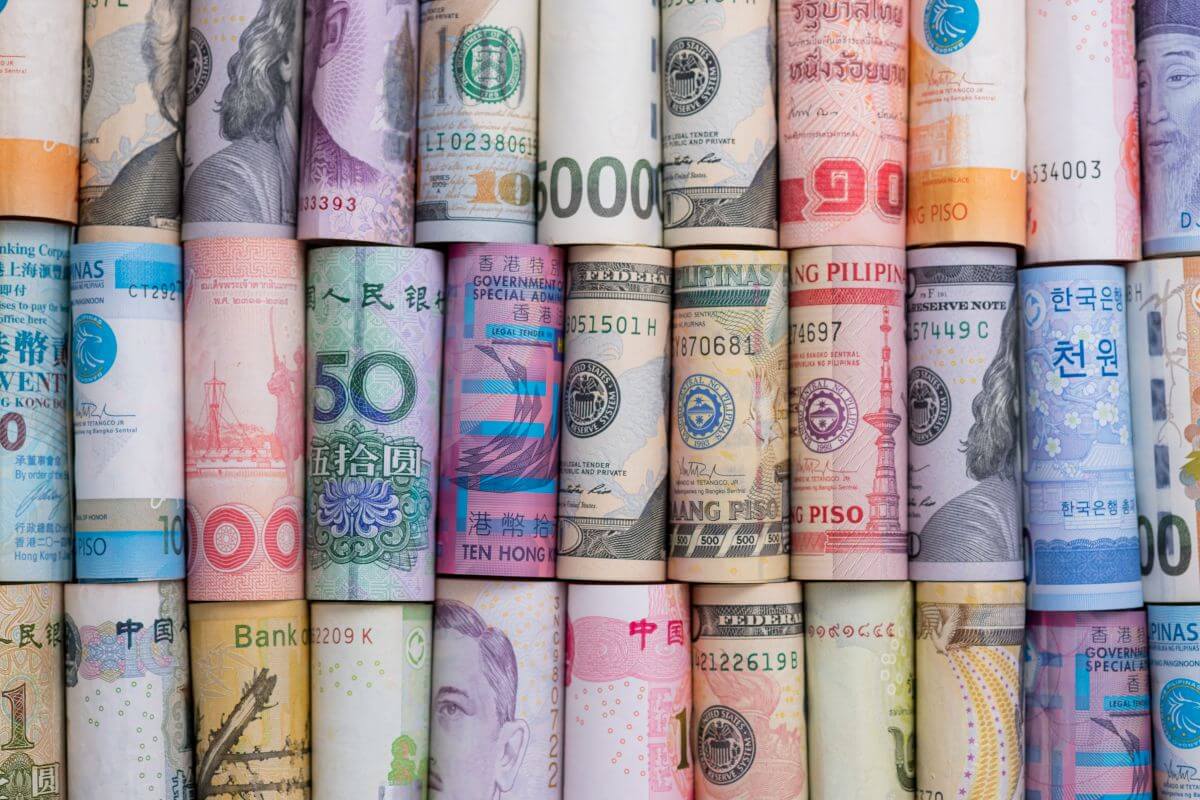
Where to Get Travel Money: Your Options
1. Banks and Building Societies
✅ Trustworthy
❌ Often offer poor rates and charge for overseas card use or ATM withdrawals.
2. Supermarkets and Post Offices
✅ Easy access, online ordering
❌ Variable rates and sometimes hidden fees.
3. Airport Kiosks
✅ Last-minute option
❌ Worst rates, highest commission – avoid if possible.
4. Prepaid Travel Money Cards
✅ Budget control, lock in rates
❌ May include top-up fees, inactivity fees, or high overseas ATM charges.
The Smartest Option in 2025: Use a Currency Comparison Tool
Sites like Money4Travel, a new FCA-registered platform that lets you compare live exchange rates from local retailers within 10 minutes of your postcode.
Why it’s better:
- Instantly see the best rates (ranked by value)
- No hidden commission
- Click-and-collect your cash nearby
- Backed by a buy-back guarantee for leftover currencies
- Earn loyalty rewards via “PIPs” (Price Interest Points)
- Supports independent, high-street bureaux de change
“We’re doing for travel money what challenger banks did for personal finance,” says CEO Bjorn Larsson. “Consumers regain control and value, and local businesses get the visibility they deserve.”
Should You Exchange Money Before Travelling?
Yes, and here’s why:
- You lock in today’s rate and avoid last-minute fluctuations
- You sidestep foreign ATM charges and debit card markups
- You reduce reliance on costly credit card spending
- You get to plan your budget in advance
- You avoid airport queues and inflated pricing
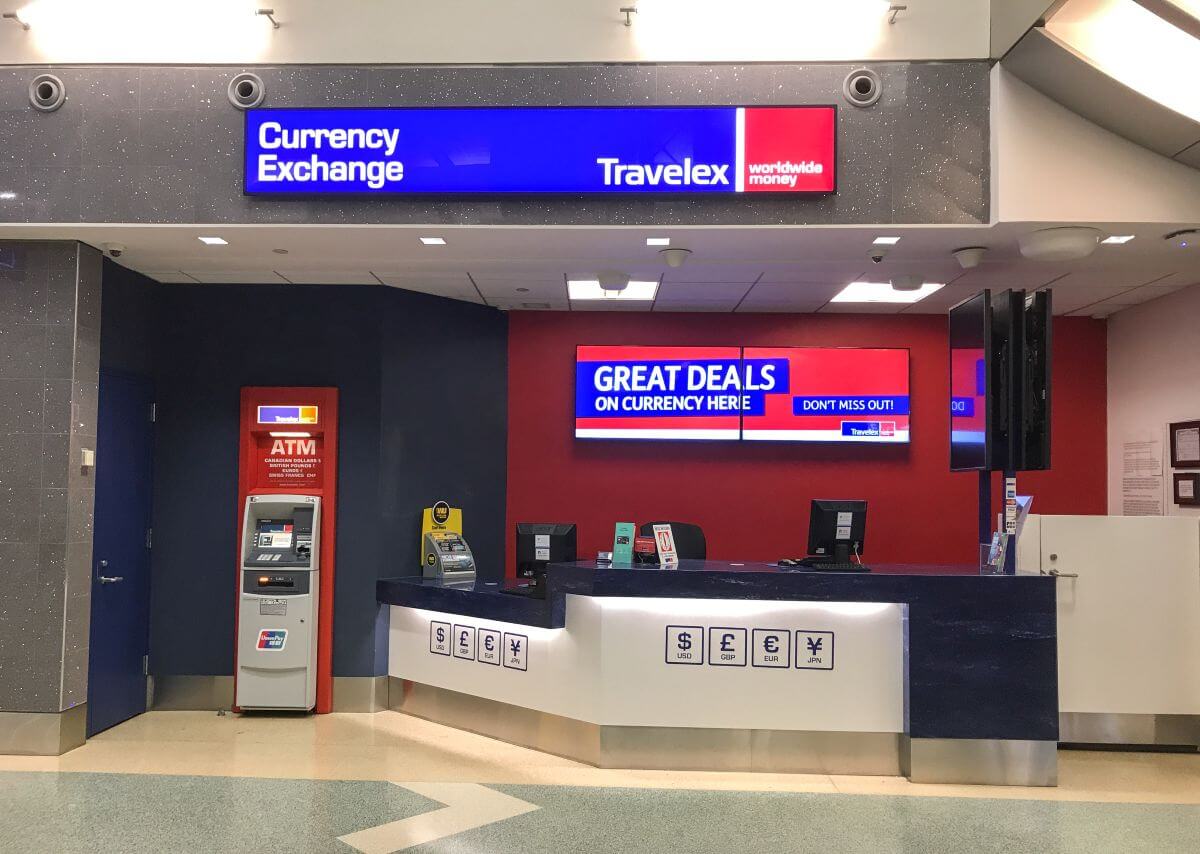
Travel Money vs Using Cards Abroad: What’s Best?
Not sure whether to exchange cash or rely on your card while travelling? Here’s a quick overview:
- Cash is essential for small vendors, tipping, and budget control. Services like Money4Travel let you secure great rates locally, without hidden fees, and even offer buy-back for unused currency.
- Cards offer convenience, but many UK banks charge foreign transaction or ATM withdrawal fees. Exceptions include specialist travel debit cards like Monzo or Starling.
- Travel money cards help you lock in a rate pre-trip and avoid fluctuating exchange costs, but be aware of top-up or inactivity fees.
Best practice? Use both: exchange cash in advance with Money4Travel and carry a no-fee card for backup.
Top Tips to Maximise Your Travel Money Value
- Exchange at least a week before you fly
- Use a comparison tool like Money4Travel
- Avoid flashy “0% commission” signs, check the final rate
- Stick with FCA-regulated providers
- Don’t rely entirely on card payments abroad; always carry some cash
- Consider a travel money card for backup, but check fee terms
A Changing Market for Currency Exchange
The way UK travellers buy foreign currency is changing rapidly. According to Civil Aviation Authority retail insights, traditional “walk-up” bureau de change transactions have been falling by at least 6% a year, and some major players, including Amex, Thomas Cook, and Moneycorp, have exited the high-street bureau model altogether.
Meanwhile, the UK has become the most mature market in the world for pre-ordered currency and travel money card adoption, proving that today’s traveller values convenience, transparency, and digital-first tools.
That’s exactly where platforms like Money4Travel come in, offering real-time local rate comparisons and the ability to pre-order currency with click-and-collect simplicity.
Support Local, Save More
Money4Travel doesn’t just benefit the traveller, it helps small, independent travel money outlets compete with the giants. By levelling the playing field, it strengthens high streets while saving you money.
Frequently Asked Questions
Where can I find the best exchange rates?
The easiest way is with Money4Travel. Enter your postcode and currency, and get real-time rates from trusted retailers within a 10-minute drive, ranked by best value, with no hidden fees or commissions.
Should I exchange money before I travel?
Yes. You’ll avoid poor airport rates, reduce transaction fees, and take control of your travel budget. Platforms like Money4Travel offer buy-back guarantees and reward schemes that make pre-travel exchange a smart move.
Final Word
When it comes to travel money, it’s not about luck, it’s about timing, tools, and smart choices. With platforms like Money4Travel, finding the best exchange rate near you is no longer a chore.
It’s fast, secure, transparent, and gives you more money to spend where it matters: on your trip.







